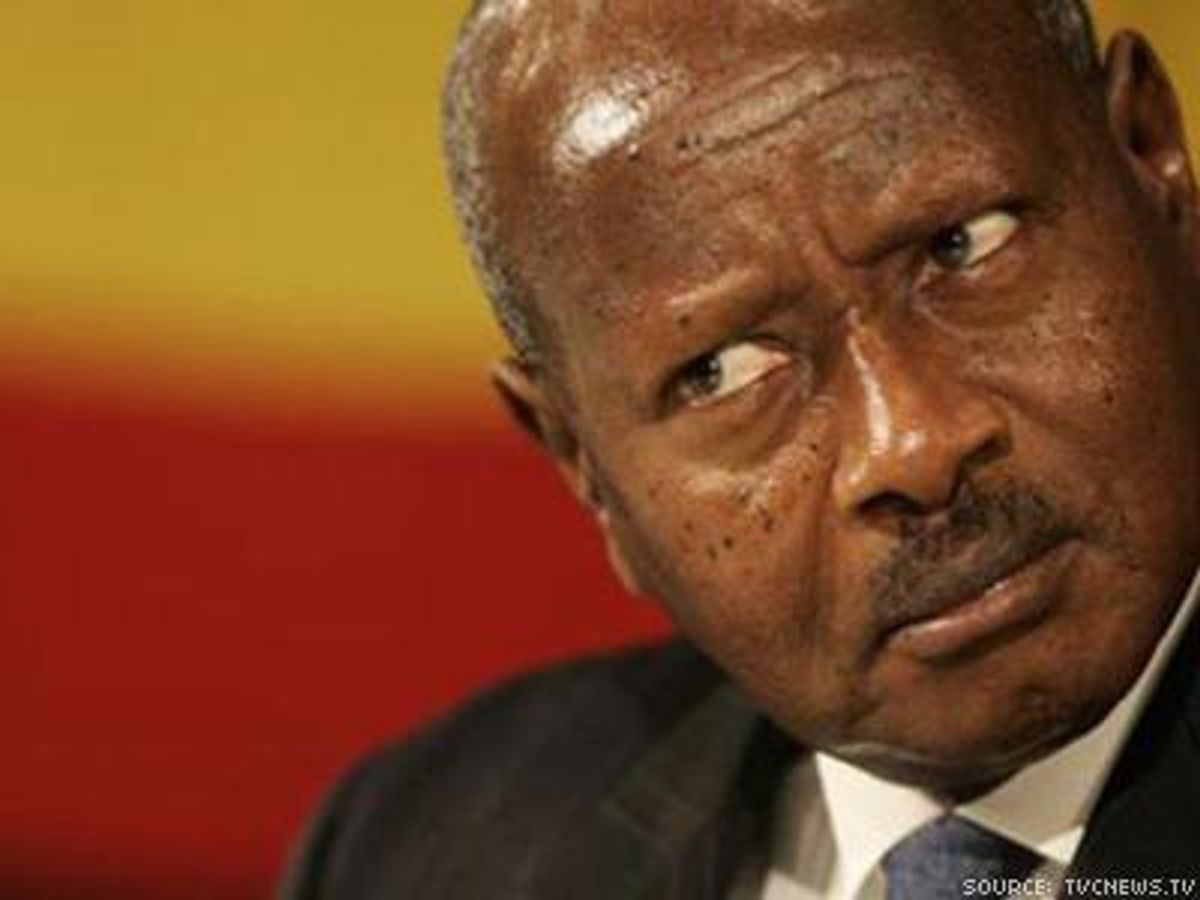Sweden is the latest country to announce that it is redirecting financial aid usually provided to the Ugandan government to human rights nonprofits and nongovernmental organizations instead, citing the country's recently enacted Anti-Homosexuality Act.
PinkNews reports that Sweden cut 6.5 million kronor (just over $1 million U.S.) in aid to Uganda's government Wednesday, sending those funds to pro-LGBT organizations instead.
"Swedish aid is not unconditional," Sebastian Tham, a spokesman for Sweden's foreign ministry told PinkNews Wednesday. "That's why the government has decided to withhold state-to-state payments. ... We want to support homosexuals, bisexuals and transgender people in Uganda through Swedish aid via other channels."
Sweden's strategy falls in line with the latest recommendations from LGBT activists in Uganda about ways international allies can support their ongoing fight for equality. While the activists caution against unilateral aid cuts, noting that such actions could put the already embattled LGBT population at greater risk and limit access to important health care and advocacy networks, they do support targeted cuts to Uganda's government, suggesting that allies redirect those funds to nonprofits and NGOs working for human rights in the East African nation. Other actions suggested to support LGBT Ugandans include encouraging notable religious figures, celebrities, politicians, and corporate leaders to speak out against the law and the numerous other human rights violations in Uganda, organizing worldwide demonstrations, and lobbying local governments to revise their policies for emergency asylum for those Ugandans who want to flee.
But a Ugandan columnist perhaps inadvertently offered LGBT allies worldwide a tip on one other way to effectively influence the Ugandan government to repeal the draconian law. Dismissing the international uproar -- and more than $115 million in aid cuts -- as a reaction to the law's enactment as "hullabaloo," Observer columnist Jeff Mabanga says the only way Ugandan officials will take notice of the protest is if international companies began leaving Uganda over the country's antigay legislation.
"We should only get worried if companies decide to pack up and leave because of the law," writes Mbanga. "There is a lot that could influence an exodus of that nature, and an anti-gay law cannot be one of them. Norway has Norwegian firms like Tronder Power, which is in charge of a power plant at Bugoye in western Uganda."
Mbanga does bring up an interesting point, as Norway was one of the first European countries to announce cuts to Ugandan aid following the law's passage last month. The Norwegian, Dutch and Danish governments announced in late February that a cumulative $26 million in aid would no longer go to Uganda because of the law, instead directing that funding to nongovernmental organizations and nonprofits that support human rights. Just days later, the World Bank announced an "indefinite delay" of a $90 million health care loan scheduled to be approved in February.
Mbanga's comments echo those made this week by the member of parliament who authored the bill which has now become law, who said that the massive aid cuts were "worth it" to "protect our values."
The official spokesman for the Uganda's government tweeted a similar sentiment, although his phrasing was more direct, notes PinkNews.
"The west can keep their 'aid' [sic] to Uganda over homes," wrote government spokesman Ofwondo Opondo last week. "We shall still develop without it."
As passed by Parliament December 20 and signed into law February 24, the Anti-Homosexuality Act mandates life imprisonment for "aggravated homosexuality," and orders that a person charged with the offense must undergo a medical examination -- which in practice is usually a forcible anal examination -- and HIV test, regardless of the individual's consent. "Aggravated homosexuality" is defined in the legislation as anyone who has had multiple instances of same-sex sexual contact, or any homosexual acts in which one participant was a minor, HIV-positive, mentally disabled, or under the influence of drugs or alcohol.The law also imposes harsh sentences on those convicted of aiding, abetting, or conspiring to engage in homosexuality. Any person or organization performing a same-sex marriage is likely to lose their licensure and spend as many as seven years in jail. The law also enumerates the numerous ways in which the "promotion of homosexuality" is forbidden, clamping down on individuals, organizations, and media outlets that discuss LGBT identities, and provides for extradition of Ugandan nationals who violate the law abroad.



















































































